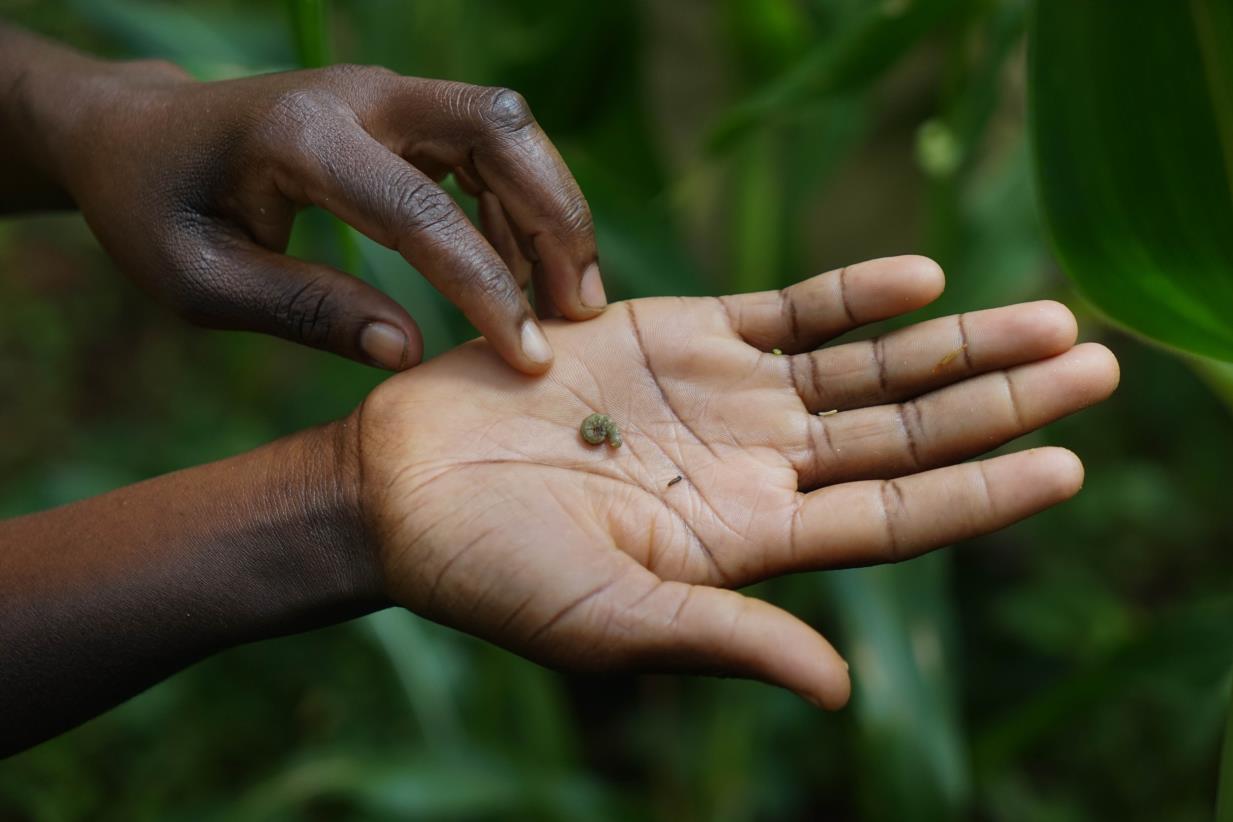Kenya’s Collaborative Efforts to Combat Fall Armyworm
Kenya is intensifying its efforts to manage the fall armyworm (FAW), a harmful pest that endangers maize and over 80 other crops. This initiative is being driven through strategic partnerships with China and the Food and Agriculture Organization (FAO). According to Nyabenyi Tipo, FAO Kenya Representative ad interim, the pest has significantly impacted smallholder farmers and poses a serious threat to national food security.
Support kami, ada hadiah spesial untuk anda.
Klik di sini: https://indonesiacrowd.com/support-bonus/
One of the primary challenges identified is the lack of knowledge among farmers and their heavy reliance on chemical pesticides. To tackle this, FAO launched a global initiative in 2019 aimed at helping countries manage FAW effectively. As part of this effort, a South-South and Triangular Cooperation project involving Kenya, China, and FAO is being implemented from 2023 to 2025. The Kenya Agricultural and Livestock Research Organization (Kalro) also plays a crucial role as a local research partner.
Three trial sites have been established across the country—Embu, Kitale in Trans Nzoia, and Mabanga in Bungoma. These locations are focused on testing biological control methods, improving early warning systems, and enhancing farmer capacity. Tipo emphasized the importance of creating an early warning system so that farmers can detect FAW in the field. Additionally, the use of natural enemies to control the pest is being promoted, with knowledge shared through farmer field schools.
Reducing pesticide use is a key objective due to health risks, and biological methods are seen as safer and more sustainable alternatives. Tipo highlighted that without such partnerships, achieving food security or transforming agri-food systems would be difficult. She noted that FAW is a global issue, and this project allows access to international expertise, including support from Chinese experts.
Support us — there's a special gift for you.
Click here: https://indonesiacrowd.com/support-bonus/
The seasonal nature of maize means that FAW survives on other crops, making year-round control essential. However, the project’s integrated pest management system is already showing promise in reducing FAW populations. Tipo expressed hope that more countries will unite to fully eradicate FAW in the future, but for now, the focus remains on managing and containing it.
Dr Baogen Gu, FAO Senior Agriculture Officer in Pest and Pesticide Management, mentioned that the project is also being implemented in Ghana. The initiative aims to scale up good agricultural practices and develop sustainable FAW monitoring and management systems. He explained that through South-South Cooperation, advanced yet practical technologies are brought in, integrated with local practices, and trained farmers are taught to use them effectively.
China, which faced FAW invasion in 2019, developed several control methods, including biopesticides, resistant crop varieties, physical traps, and radar-based monitoring systems. These innovations are now being adapted to African contexts. Gu pointed out that the similarity between Chinese and Kenyan/Ghanaian farming communities makes these practices easily transferable, offering high potential for mutual learning and benefit.
Barak Okoba, FAO Kenya’s Programme Manager for Resilient Livelihoods and Climate Change, emphasized that FAW is a regional problem and understanding its movement patterns is critical. He mentioned that Kenya is supporting efforts to strengthen surveillance and early warning systems. Once accurate mapping and prediction of FAW infestations are achieved, better prevention of crop damage will be possible.
The trial sites in Embu, Bungoma, and Kitale are helping scientists and extension officers track how FAW moves between maize and other plants. Okoba noted that even at this early stage, farmers have demonstrated the ability to use simple, locally available materials for pest control instead of chemicals. This approach is cost-effective and environmentally friendly.
He stressed the importance of shifting from chemical to biological control for protecting human health and the environment. Okoba encouraged farmers, even those with just a quarter-acre, to adopt sustainable practices that secure food for their families without expensive pesticides.







